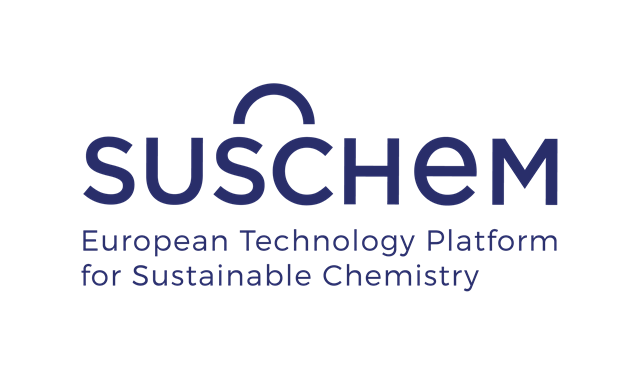Sustainable chemistry is essential to the technological advance of KETs including advanced materials, advanced manufacturing technologies, industrial biotechnology, micro and nanoelectronics, nanotechnology and photonics. SusChem's key enabling technologies provide the critical building blocks for the solutions needed to achieve a sustainable low carbon circular economy. You can find out more here.
Our first highlighted success story is on the SPIRE Horizon 2020 project CONSENS (Integrated Control and Sensing for Sustainable Operation of Flexible Intensified Processes) that has paved the way for the factory of the future by developing novel sensors and integrated process control techniques.
Sustainable operation of flexible intensified processes
Digital technologies enable the migration from batch to flexible continuous intensified processes
Public funding facilitates the fruitful collaboration of seven companies from the chemical industry and eight excellent European partners from academia, research and technology
The future competitiveness of the European chemical industry depends on its ability to deliver high quality and high value products at competitive prices in a sustainable fashion, and to adapt quickly to changing customer needs. The use of flexible intensified continuous processes is a promising strategy towards this goal, because they give access to new and difficult to produce chemical compounds, lead to better product uniformity and reduce the consumption of raw materials and energy drastically. Moreover, it facilitates flexible and mobile production in more efficient and smaller plants and enables companies to bring new products quickly to the market. As an analysis within the former SusChem flagship project F³ Factory has shown, a fully automated process operation is a prerequisite to realise these benefits.
Therefore, the main goal of the CONSENS project was to advance the continuous production of high-value products that meet high quality demands in flexible intensified continuous plants by introducing novel digital technologies such as: new online sensors with capabilities that are not available on the market, novel closed-loop control methods for flexible operation and high-quality levels, as well as data-based and simulation-based methods to ensure optimal operation of the controlled system.
How was the breakthrough innovation achieved?
The development work was steered by the needs of the industrial partners. Three commercially relevant case studies were selected that reflect the requirements: an intensified pharmaceutical synthesis, a continuous polymerisation process, and the continuous formulation of complex liquids. The key success factor was to consider sensors, closed-loop control, monitoring solutions, soft-sensors, and process dynamics in an integrated approach. This led to holistic control solutions that were validated very successfully in the pilot plants.
From the results achieved in the three case studies, we can conclude financial savings of EUR 265 million/year, a reduction of CO2 emissions by more than 490 000 tonnes/year, and less consumption of non-renewable raw materials of 176 000 tonnes/year in the related industries in Europe by enabling the migration from traditional batch processes to flexible intensified continuous processes.
It is expected that the market share of European chemical production plants on the global market will increase by ca. 3% due to better quality, innovative products and higher competitiveness.
More information
CONSENS – Integrated Control and Sensing for Sustainable Operation of Flexible Intensified Processes (Horizon 2020/ SPIRE GA number 636942).
Read the SusChem White Paper ‘Impact: Key Enabling Technologies (KETs) in Horizon Europe’









